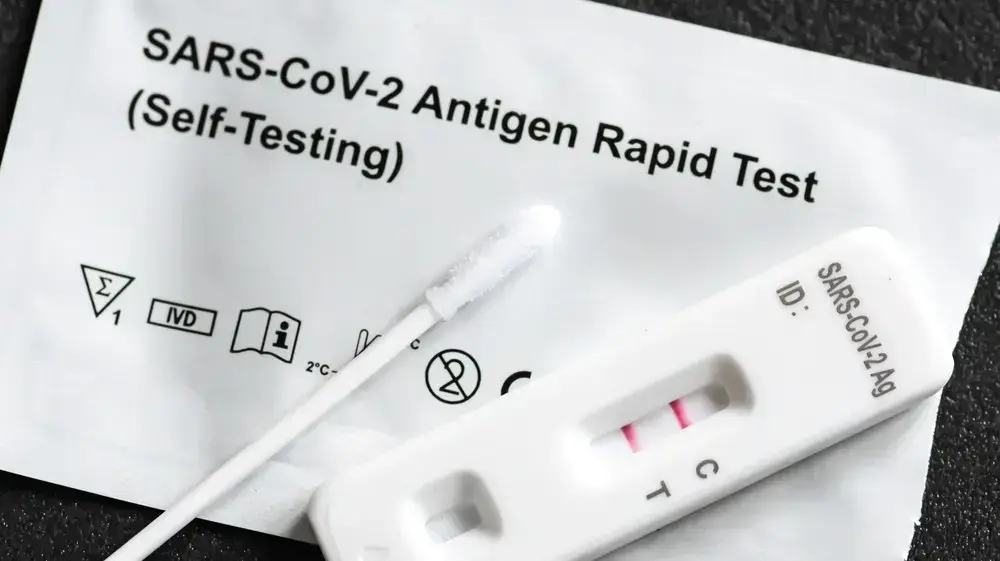“The virus does not circulate in France, it is men and women who circulate it. »Saturday evening, Jérôme Salomon, pronounces this sentence with gravity. If it alone justifies the need for collective confinement, it nevertheless has something reassuring. Because, in the message from the Director General of Health, you have to hear: no, the coronavirus does not move in the air.
But then, a few days later, a study published in the prestigious scientific journal New England Journal Of Medicine sows doubt. American researchers from the universities of Los Angeles and Princeton demonstrate that Sars-Cov-2 (note: the virus is called Sars-Cov-2 and gives the disease called Covid-19) has the ability to survive several hours outside the human body. On plastic, steel, cardboard ... as we already knew, but also, it's new, up to three hours in the ambient air. Should we worry about it?
The virologist Marie-Paule Kieny is not one to handle the tongue of wood, she who asserts in particular that it takes a much stricter confinement to curb the epidemic. But this time, the former Assistant Director-General of the World Health Organization (WHO) replies that it is necessary to keep: "This is a really interesting study, to dig into, but it is also very very very hypothetical . First, because the researchers released the Sars-Cov-2 using a "nebulizer", a kind of fogger. Three hours later, they detected suspended viral particles, also called "aerosol".
The case of the liner "Diamond Princess"
"It is very different from coughing or sneezing projections in real life," notes microbiologist Philippe Sansonetti, a professor at the Collège de France. The size of the droplets makes them very unlikely to levitate in the air, beyond a few seconds. "Three hours would be in a completely confined room, with no ventilation, like some hospital rooms. In the open air, with the wind or drafts, there is no indication of such durations ”, adds his colleague Jean-Claude Manuguerra.
The virologist at Instistut Pasteur still nuances his point, casting doubt on small rooms with air conditioning without filters. "As on the Diamond Princess cruise ship," he illustrates. It would be necessary to know if a concentration of aerosols of virus was here possible, which could explain its diffusion. "
Keep your distance
There are therefore many lessons to be learned from American tests. “Their work confirms the imperative need to stay distant, two meters from each other. And do not forget that the aerosols will then be deposited on surfaces that we will touch… hence the importance of washing your hands, ”argues Marie-Paule Kieny. "It is very useful for caregivers, so that they redouble their attention in the sick rooms without air movement", continues Jean-Claude Manuguerra.
Should we also understand that the systematic use of the mask is more necessary than what the government indicates? "In the street, there is nothing to prove that they would protect against aerosols," notes the former WHO. Professor Philippe Sansonetti is more reserved: "Outside, the mask has the advantage of avoiding getting your hand in the face, it's not nothing," he says. He made his own: a piece of cloth, one of parchment paper, then another piece of cloth…







